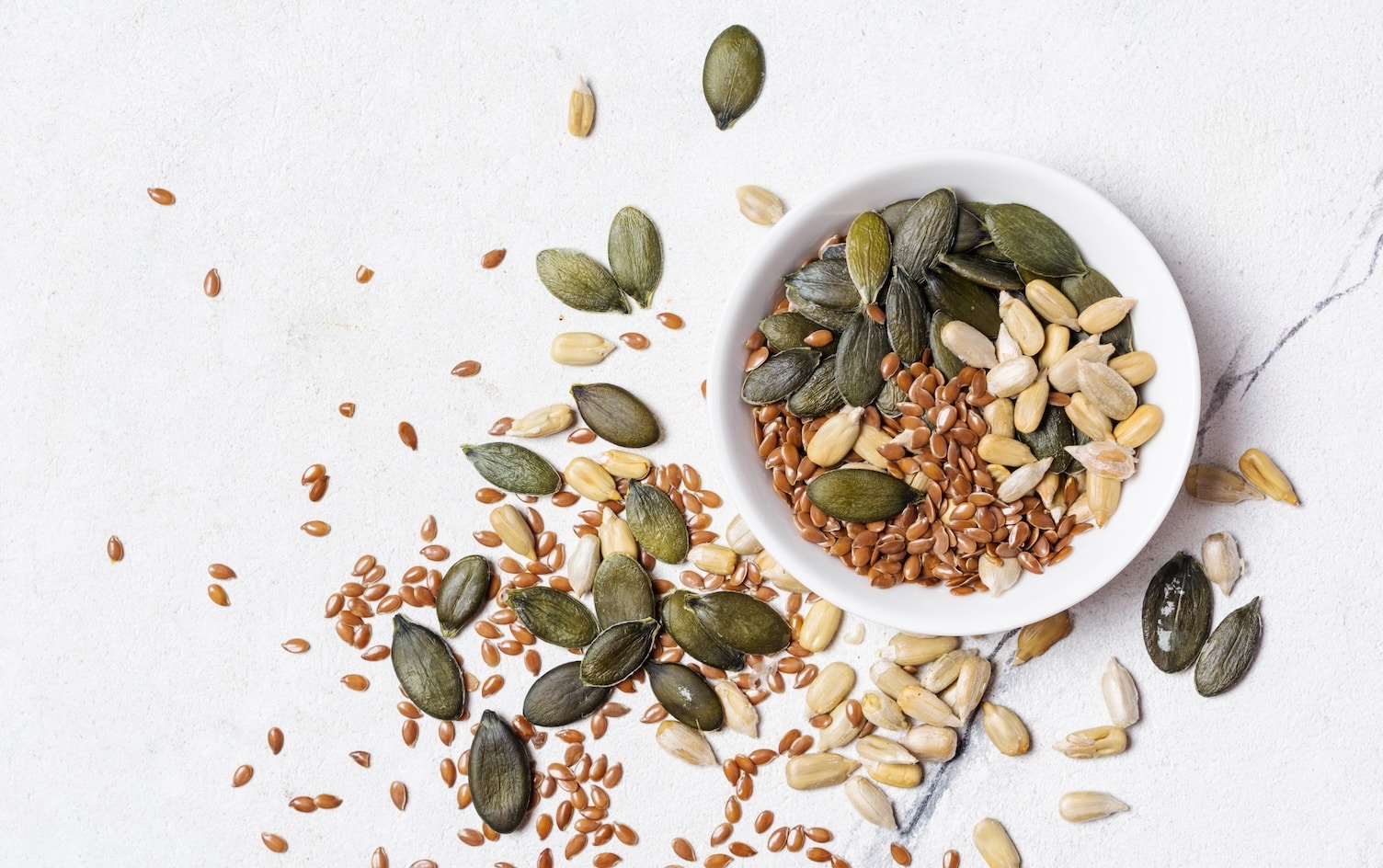Adopting a plant-based diet sounds appealing to many athletes. However, taking on any new eating style involving a drastic change should be done with careful consideration. Your nutrition plan strongly affects performances, overall health, mood and general lifestyle.
PROS TO GIVING UP MEAT
Sustainability: The U.S. food system as a whole is not sustainable; meat production takes a higher amount of land, fossil fuel and water than plant-food production. If you’re looking to put health and taste preferences aside for the well-being of the planet, giving up meat is an excellent way to make a positive impact and reduce your personal carbon footprint.
Lower Calories: Meat eaters tend to eat more calories overall than plant-based eaters. Plants are more fibrous, have a higher water content, and provide more volume for less overall energy intake. If you’re looking to reduce caloric intake to facilitate weight loss toward that ideal competitive weight or match a lower training volume, this could be a good strategy.
Cardio Health: Many studies have shown meat-eaters have a higher risk of all-cause mortality, especially heart conditions, when compared to vegetarians. Don’t be fooled into thinking that being an athlete removes any health risks; surprisingly, middle-aged and older endurance athletes have twice the prevalence of coronary plaques compared to sedentary peers. Improved arterial function, a benefit of plant-based eating, allows more blood and oxygen flow to the working heart and muscles, improving athletic performance and delaying fatigue.
Carb Boost: Animal protein does not have carbohydrates, while plant proteins do. Relying on non-animal protein sources can therefore increase overall carbohydrate intake, which is the body’s preferred source of energy for intense bouts of exercise. In men, it has also been found that increased carbohydrate intake improves endurance performances.
Recover Faster: Plant-based diets have a higher antioxidant and phytonutrient content than most meat-based diets. Antioxidants assist the body with clearing free radicals that contribute to harmful chronic inflammation. Excessive exercise, intense training, poor sleep, simple sugar intake, and little rest are all athletic variables contributing to internal inflammation. Combatting this with dietary antioxidants can help you recover more quickly and come back stronger from workouts.
CONS TO GIVING UP MEAT
Compliance: Taking on a plant-based diet can be difficult and stressful to plan, shop for, and execute correctly for busy, on-the-go athletes. Athletes already deal with a high amount of stress, fitting a demanding training schedule into daily work-family life. Putting strict dietary restraints on top of that can be a set up for failure and have you reaching for chips (hey, it’s a plant…) over salads in a pinch.
Masked Disordered Eating: Athletes are at higher risk for disordered eating and overly restricting intake in hopes of achieving low weight and high performances. Adopting a strict plant-based diet is a way to use a fixation on healthy or ‘clean’ eating to mask disordered eating habits; also known as orthorexia. Be honest with yourself about your reasons for going plant based and make sure you still meet your body’s energy demands.
Nutrient Deficiency: There is a large variation in plant-based eating styles; pescatarians, ovo-lacto vegetarians, vegans, etc. Research shows the most nutrient-dense group is the pescatarians (fish-eating vegetarians), while strict vegans are extremely likely to be deficient in vitamin B12 and iron. These are two nutrients that athletic bodies rely on to perform their best. Iron is the compound in red blood cells that carries oxygen throughout the body, while B12 is vital to fatty acid metabolism and nerve function; becoming low in either one hurts performances. Iron, while found in plants, is absorbed much less efficiently from plants than from animals, meaning you’ll have to eat a much higher quantity of iron-rich plant foods to meet your needs. B12 is found in animal products and not plants, plant forms such as algae provide pseudo B12. Strict vegans are at the highest risk of deficiency, research shows 43% are deficient, and require supplementation.
Fake Foods: With good, quality meat — like chicken, beef, bison, salmon, etc. — you know what you’re getting. However, many plant-based meat alternatives are extremely processed and high in oils, soy, sugars, salts and other fillers. These lab-derived options might be fun and help provide variety, but offer little-to-no health benefits and should be included sparingly. Instead, opt for more natural meat replacements like crumbled tempeh, lentils or products made from beans and real vegetables.
THE BOTTOM LINE
There are plenty of benefits to eating a plant-based diet for health and performance. This eating style is not inherently healthy, however, just like any eating style, the foods you choose to include and limit are what determine the healthfulness. A vegan diet can include as many non-nutritive foods (Oreos are vegan!) as a normal diet. Vegetarians who include dairy, eggs and fish have the healthiest intake all around, so try this more inclusive eating style before taking on something more difficult. Working with a sports dietitian to develop an eating plan that includes meals that work for your cooking ability, taste preferences and lifestyle, while maximizing nutrients, is key to maximizing performances on a plant-based diet.
For more fitness inspiration, check out “Workout Routines” in the app to discover and log a wide variety of routines by performance specialists. Or build your own routine with exercises that fit your goals.




